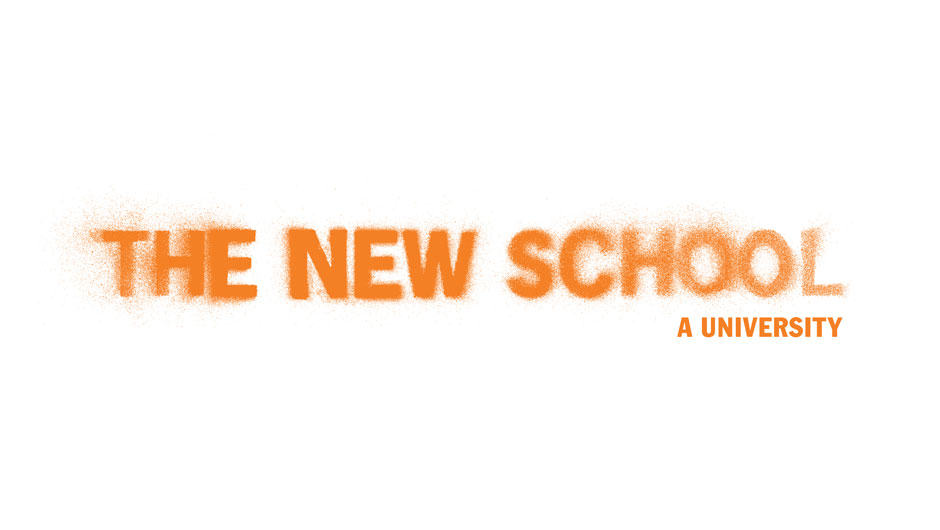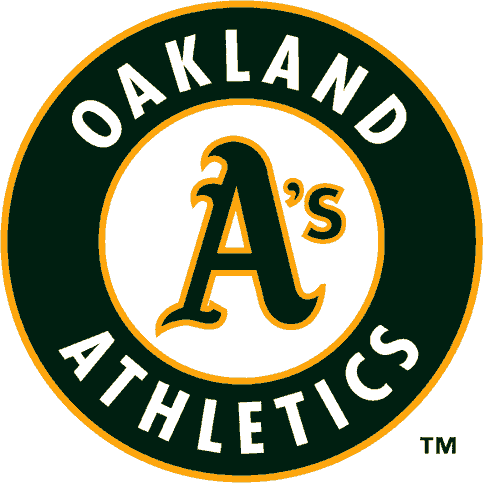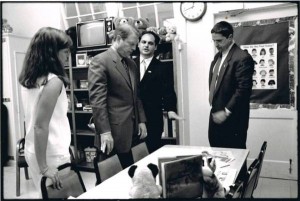 Last fall, at age 44, after 15 years in Democratic politics — or writing about it as an advocate and observer — I decided to challenge myself one more time and go after the thing that has interested me for quite a while: taking my experience and applying it to one of the most powerful mediums for affecting change: political documentary filmmaking.
Last fall, at age 44, after 15 years in Democratic politics — or writing about it as an advocate and observer — I decided to challenge myself one more time and go after the thing that has interested me for quite a while: taking my experience and applying it to one of the most powerful mediums for affecting change: political documentary filmmaking.
I had come to believe that the documentary presents the greatest potential of informing the masses about the happenings in our society, providing itself as an important catalyst for political and social change. Think no further than Fahrenheit 9/11 or An Inconvenient Truth or even Super Size Me to understand how documentaries are able to circumvent the media or political filters and speak directly to the public about the issues of our time. They usually don’t force change quickly, but instead help to generate the critical mass necessary to alter perceptions and raise awareness, allowing us to re-prioritize our concerns as a society, rather than relying on the traditional media or, God-forbid, government officials to lead the way (are they still looking for those WMDs in Iraq that they both promised us?).
This time, I resisted the impulse to simply jump into the deep end of the pool and learn the craft of filmmaking on my own. If I were 10 years younger, who knows? But having recently moved back to New York City, I decided to do the thing that many of us 40-somethings frequently seem to long for – rather than just dream about – and that was going back to school. In my case, film school.
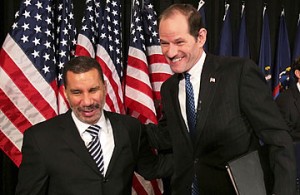
In brighter days...
After taking a close look at some of the excellent film programs in New York City, I decided to go against the wisdom of pretty much everyone whose advice I sought, and applied to only one school. If I didn’t get in, I was fine with those consequences. I’ve done well in politics, and had just left a tumultuous stint working for Governor David Paterson as we tried, unsuccessfully, to keep the job that Eliot Spitzer suddenly handed him a few years earlier. I knew I would be okay if school didn’t pan out. Either way, I would have chased a dream and would no longer torture myself over whether or not to pursue it.
Ultimately, I applied to master’s program in Media Studies and Film at The New School. Being a UC Berkeley graduate, and a strong Democrat, I suspected I’d fit in quite well with the more renegade and avant-garde environment of The New School (after all, the school began a century ago largely from a group of breakaway scholars from Columbia University who refused to sign their government loyalty oaths). Beside, while NYU is renowned for its film school, it is geared toward traditional fiction films. If you want to go the documentary route, The New School makes much more for sense. So, I applied in October, got accepted in November, and began school barely a month later.
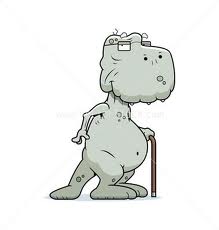 During orientation, I learned I was the oldest of my incoming class of about 70 students. That discovery came just as I pulled out a notebook and pen to take notes, rather than typing directly into a shiny MacBook Pro, as did a majority of my new classmates (note: I used a typewriter the last time I was in school in the late 1980s). It was a new world and, at first, awkward. Terrifying, actually. It’s funny how you don’t feel old working on a political campaign when in your forties, but feel ancient when you’re a new grad school student. Like, dinosaur-ancient.
During orientation, I learned I was the oldest of my incoming class of about 70 students. That discovery came just as I pulled out a notebook and pen to take notes, rather than typing directly into a shiny MacBook Pro, as did a majority of my new classmates (note: I used a typewriter the last time I was in school in the late 1980s). It was a new world and, at first, awkward. Terrifying, actually. It’s funny how you don’t feel old working on a political campaign when in your forties, but feel ancient when you’re a new grad school student. Like, dinosaur-ancient.
Thankfully, that feeling largely subsides after a few weeks as you realize just how great of an advantage and head start you have on your classmates when it comes breath of experience, perspective and focus, all of which translates into your coursework and relationship with professors, one way or another. While most grad students are, understandably, still figuring out what they want to do after they’re done with school, an older student has a laser-like approach to figuring out the lay of the land, the right classes to take and professors to avoid, how to take advantage of all the networking opportunities during visits from filmmakers and distributors and producers, and, most importantly, a plan. As a result, the lectures and readings are remarkably interesting and you’re enjoying it too much to even contemplate meaningful procrastination. On top of that, it turns out that professors love older students because we have a purpose, are engaged by what they’re teaching, and we’ve been around-the-block long enough to intuitively know what matters and what doesn’t when processing large amounts of new information.
Read the rest of…
Mark Nickolas: From the Political Trenches to Film School









